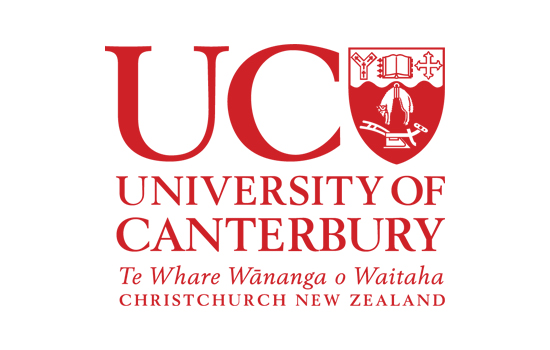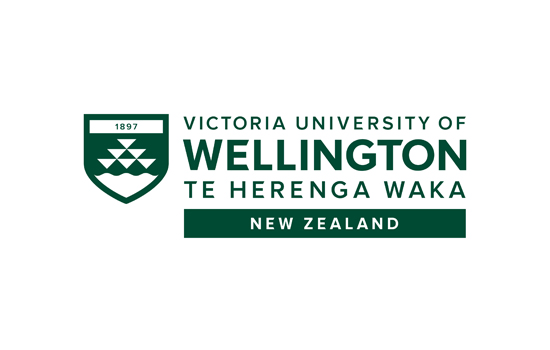
Country Benefits
- Location: Southwestern Pacific Ocean, part of Oceania
- Language: English-speaking country with a high quality of life
- Education: World-class system with strong research opportunities
- Intakes: February & July (some programs may have November start dates)
Degree Duration:
- Undergraduate: 3–4 years
- Master’s: 1–2 years
- Standardized Tests: No SAT/GRE required for most programs
- Entry Requirements: 55%–65% for most master’s programs
- Scholarships: High chances due to government and institutional funding
- Dependent Visa: Allowed for master’s students
- Post-Study Work Visa: Up to 3 years (depending on qualification level)
- Pathway to PR: Eligible after gaining work experience
- Visa Process: Transparent with high approval rates
Living Expenses & Popular Courses
- Average Monthly Living Expense: NZD $1,500–$2,000
- Covers accommodation, meals, utilities, and local travel
- Costs vary by city (e.g., Auckland is more expensive than Christchurch)
Popular Courses:
- Engineering
- Information Technology (IT)
- Business
- Nursing
- Agriculture
- Environmental Sciences
Admission Requirements
- General: Strong academic background (55%–65% for most universities)
- Language Proficiency: IELTS 6.0–6.5 (no band less than 5.5–6.0) or equivalent (e.g., PTE, TOEFL)
- Medicine Applicants: UCAT/ISAT or equivalent entrance exams required
Tuition & Cost of Living
- Undergraduate Tuition: NZD $20,000–$35,000 per year
- Postgraduate Tuition: NZD $25,000–$40,000 per year
- Cost of Living: NZD $20,000–$25,000 per year
Work Rights & Part-Time Jobs
Work Rights:
- During Studies: Up to 20 hours per week
- During Holidays: Full-time work allowed
- Post-Study Work Visa: Up to 3 years (based on qualification level)
- Estimated Hourly Wage: NZD $18–$25 per hour
Part-Time Work Details
- Students can work on or off-campus in roles such as:
- Retail
- Hospitality
- Tutoring
- University-related jobs
- Benefits:
- Helps cover living expenses
- Provides international exposure
- Helps build professional networks
- Priority: Maintain a balance between academics and work
Visa & Documentation
Visa Category: Student Visa (Subclass 500 Equivalent)
Required Documents:
- Academic Documents: Transcripts, certificates, and offer letter
- Confirmation of Enrollment (CoE)
- Proof of Funds: Bank statements, sponsor letters, or education loan documents
- Health Insurance: Mandatory for international students
- Medical Test Report: As required by immigration
- Visa Application Form and fee payment proof
- Statement of Purpose (SOP) and resume
- Sponsor Documents: Income tax returns, identity proof, and relationship proof (if applicable)
Fee Structure
- First-Year Tuition Fee: Payable before visa application
- Living Expenses Proof: Minimum NZD $20,000 per year
Country Benefits
- Location: Southwestern Pacific Ocean, part of Oceania
- Language: English-speaking country with a high quality of life
- Education: World-class system with strong research opportunities
- Intakes: February & July (some programs may have November start dates)
Degree Duration:
- Undergraduate: 3–4 years
- Master’s: 1–2 years
- Standardized Tests: No SAT/GRE required for most programs
- Entry Requirements: 55%–65% for most master’s programs
- Scholarships: High chances due to government and institutional funding
- Dependent Visa: Allowed for master’s students
- Post-Study Work Visa: Up to 3 years (depending on qualification level)
- Pathway to PR: Eligible after gaining work experience
- Visa Process: Transparent with high approval rates
Living Expenses & Popular Courses
- Average Monthly Living Expense: NZD $1,500–$2,000
- Covers accommodation, meals, utilities, and local travel
- Costs vary by city (e.g., Auckland is more expensive than Christchurch)
Popular Courses:
- Engineering
- Information Technology (IT)
- Business
- Nursing
- Agriculture
- Environmental Sciences

Admission Requirements
- General: Strong academic background (55%–65% for most universities)
- Language Proficiency: IELTS 6.0–6.5 (no band less than 5.5–6.0) or equivalent (e.g., PTE, TOEFL)
- Medicine Applicants: UCAT/ISAT or equivalent entrance exams required
Tuition & Cost of Living
- Undergraduate Tuition: NZD $20,000–$35,000 per year
- Postgraduate Tuition: NZD $25,000–$40,000 per year
- Cost of Living: NZD $20,000–$25,000 per year

Work Rights & Part-Time Jobs
Work Rights:
- During Studies: Up to 20 hours per week
- During Holidays: Full-time work allowed
- Post-Study Work Visa: Up to 3 years (based on qualification level)
- Estimated Hourly Wage: NZD $18–$25 per hour
Part-Time Work Details
- Students can work on or off-campus in roles such as:
- Retail
- Hospitality
- Tutoring
- University-related jobs
- Benefits:
- Helps cover living expenses
- Provides international exposure
- Helps build professional networks
- Priority: Maintain a balance between academics and work

Visa & Documentation
Visa Category: Student Visa (Subclass 500 Equivalent)
Required Documents:
- Academic Documents: Transcripts, certificates, and offer letter
- Confirmation of Enrollment (CoE)
- Proof of Funds: Bank statements, sponsor letters, or education loan documents
- Health Insurance: Mandatory for international students
- Medical Test Report: As required by immigration
- Visa Application Form and fee payment proof
- Statement of Purpose (SOP) and resume
- Sponsor Documents: Income tax returns, identity proof, and relationship proof (if applicable)
Fee Structure
- First-Year Tuition Fee: Payable before visa application
- Living Expenses Proof: Minimum NZD $20,000 per year

Get Started Today
Don’t wait any longer! Start your journey to a successful academic future. Click the "Apply Now" button below and take the first step toward your dream education abroad.

